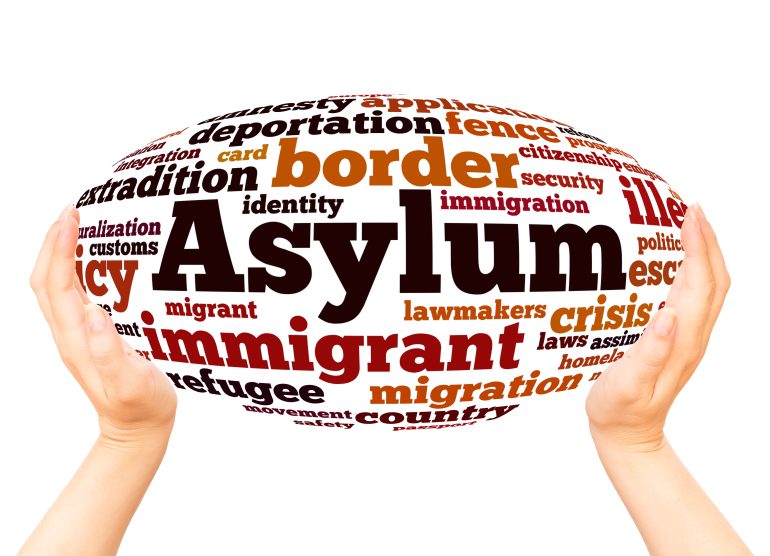The Dutch Senate (Eerste Karmer) has passed a law that will enforce an equal distribution of asylum seekers and refugees across the country. This was seen as necessary, as many municipalities have so far refused to house any refugees, leaving the burden on a few small communities. With this new law, the national government can force municipalities to house a set number of refugees. The bill passed with a large majority of 43-27, after the VVD put its support behind it. The divisive law is set to have a significant impact on the future of Dutch politics beyond its implementation, as it has the potential to further hinder coalition talks that have been ongoing since the election in November 2023.
The measures passed with wide support across the political spectrum. As expected, the leftist GL/PvdA provided the largest number of votes (14), but centrist parties such as CDA contributed over 10%. The biggest opponent of the bill was the Farmer-Citizen Movement (BBB) with 9 votes against. The BBB are part of the current cabinet negotiations and seem very likely to join any PVV-led government.
Most consequential to the ongoing coalition talks was the decision of the VVD to support the legislation with 9 votes. This may derail the ongoing coalition talks. Despite his sensational election victory, PVV leader Geert Wilders is two months into coalition negotiations with no end yet in sight. Without the support of the other two largest parties, VVD and GL/PvdA, Wilders’ route to forming a government is difficult. GL/PvdA, the second-largest party, have categorically ruled themselves out of joining any potential cabinet led by Wilders. Despite losing 10 seats in the election, the VVD still commands a substantial percentage of the parliament and is now the third-largest party. VVD leader Dilan Yeşilgöz has said her party might support a Wilders-led minority government, but will not enter into any formal coalition.
The passage of the law through the Senate seems to be a red line for Wilders and his party. Historically Wilders has been radically anti-immigration and anti-Islam, previously referring to Moroccan immigrants as ‘scum’ and calling Islam a ‘violent religion’. In order to ease tensions in the coalition negotiations, Wilders has attempted to row back on this style of rhetoric, withdrawing three pieces of key legislation including a controversial bill that would have banned ‘Islamic expressions’ such as mosques, the Quran and the burqa. This desire to defuse his reactionary image has earned him the nickname ‘Geert Milders’.
However, he has repeated his stance that immigration into the Netherlands should be radically reduced. After the asylum seeker distribution bill was passed, Wilders sent out a message on X (Twitter) stating: ‘We have a serious problem with the political developments regarding the coercion law and I hope that it can be resolved in the coming days.’ His framing of the legislation as the ‘coercion law’ is key to his hostility surrounding the new measures. Crucial to the new rules will be enforcement: if a municipality does not voluntarily want to accept new asylum seekers, the national government will now have the powers to force responsibility upon it.
This law is having a serious effect on the trajectory of Dutch national politics. The inability of former PM Mark Rutte to create a version of the bill that his cabinet could agree upon caused the end of that government and ultimately the end of his decade-long stint as Dutch Prime Minister. Now the bill threatens to derail the formation of the next government. Crucially for the negotiations, the VVD had previously opposed the new bill, but changed its stance in the Senate. This caused tension between PVV and VVD, who so far had seemed to get along well.
Wilders’ victory last November was a remarkable moment in modern Dutch politics, a seismic blow against the political mainstream, equal to the votes for Donald Trump and Brexit. But much like Trump and Brexit, the leaders of which presented themselves as revolutionaries just as Wilders does, he is crashing headlong into the harsh realities of governmental politics. In the opposition, Wilders was able to position himself as a political and cultural insurgent who could radically remould the Netherlands. However, as he is currently finding, the gulf between opposition and government is stark, and his inability to negotiate the intricacies of realpolitik might determine whether he even gets the opportunity to implement his ideas.
Written by James Turrell
